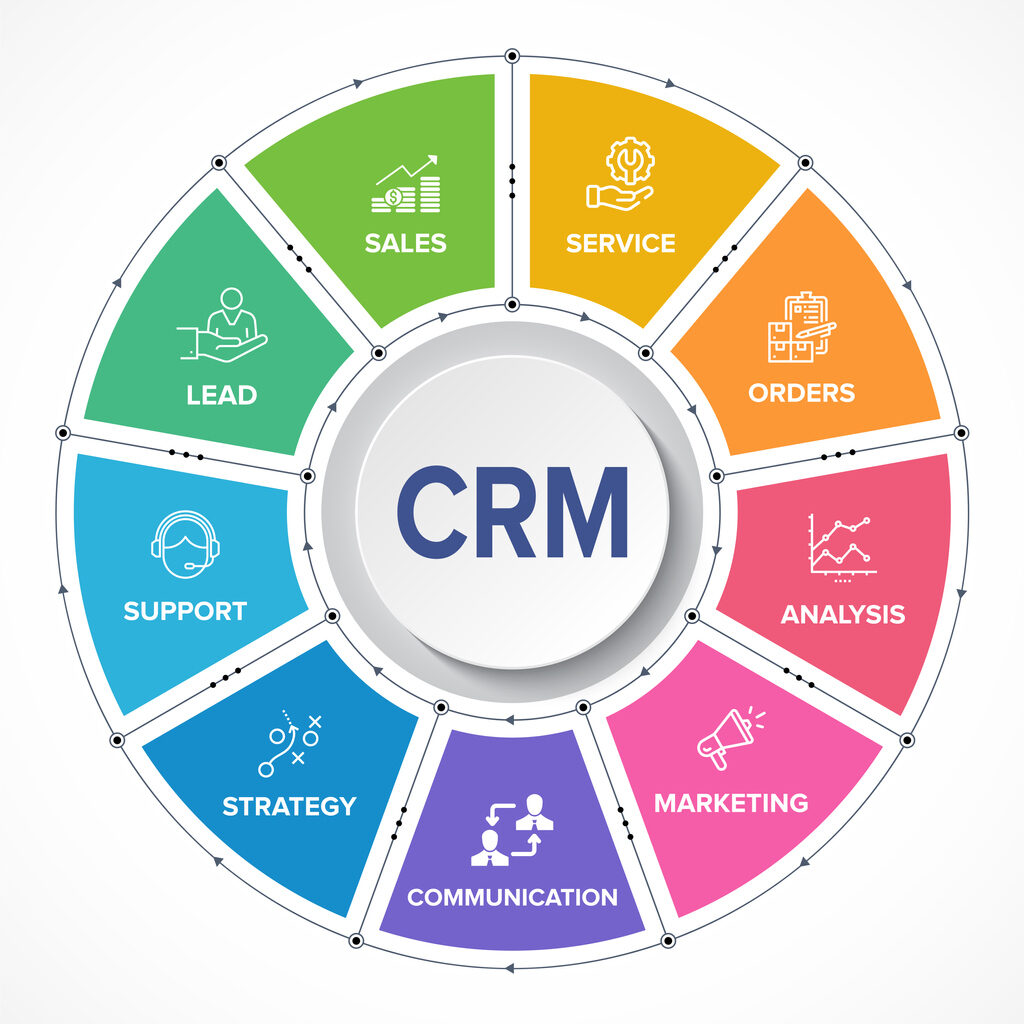Guidelines for Selecting the Best CRM System: A Practical Strategy
Within the current rapid commercial environment, upholding strong connections with clients is increasingly crucial than ever. Enter CRM software, a powerful tool designed to help businesses oversee their engagements with existing and potential customers. Selecting the best Customer Relationship Management software can be a transformative experience for your business, optimizing operations, improving client satisfaction, and eventually driving expansion. Nevertheless, with so many alternatives available on the market, finding the most suitable CRM solution for your particular needs can feel intimidating.
To navigate the myriad of offered choices, it's important to take a realistic strategy. This article will guide you through the key factors to consider when choosing Customer Relationship Management software, ensuring that you make an educated decision that corresponds with your company goals. Whether you are a modest startup or a large enterprise, understanding your unique needs and the functionalities of various Customer Relationship Management solutions will empower you to choose a platform that fosters your customer relations effectively.
Comprehending One's Business Needs
The stage in picking the best CRM system is to thoroughly understand the business needs. Evaluate the distinct challenges and goals one's organization faces. Is your organization aiming to improve customer service, refine sales processes, or enhance marketing initiatives? Identifying these key objectives will lead you in choosing a CRM system that matches with your strategic vision.
Next, evaluate the size and structure of the business. Various CRM systems cater to various scales, from small businesses to large corporations. A small business may prioritize user-friendly interfaces and affordability, while a larger organization might need advanced features like automation and analytics. Defining clearly your company’s size and requirements allows you to refine options that most suit your operational framework.
Finally, engage the team in the selection process. Their input can offer important insights into what features they view as essential in a CRM system. By comprehending the day-to-day operations of the sales, marketing, and customer service teams, you can pick a solution that enhances efficiency and improves collaboration. Integrating with your staff not only accumulates important information but also enhances buy-in for the new software.
Important Aspects to Look For
When choosing the most suitable CRM software, it is important to take into account the core capabilities that can improve your business processes. Look for a simple interface that allows team members to navigate the platform with ease. This not only increases user adoption but also makes sure that your staff can promptly access essential tools and information. A personalized dashboard can also be a significant asset, allowing users to monitor the metrics and reports that are most applicable to their specific roles.
Another key feature to look for is automated functionalities capabilities. CRM software that offers automated solutions can simplify repetitive tasks such as data entry, follow-up emails, and lead assignment. This capability reduces the chances of errors and allows your team to focus more on nurturing relationships with clients rather than getting overwhelmed by administrative work. Additionally, consider the integration options with other tools your business currently employs for a seamless workflow.
Finally, strong reporting and analytics should not be overlooked. It is important that the CRM software you opt for can provide detailed insights into customer behaviors, sales trends, and overall business performance. Look for features that allow you to create flexible reports, monitor key performance indicators, and gain tangible insights that can drive your strategy forward. This analytics-focused approach will empower your team to make wise decisions and optimize the customer experience.

Evaluating Customer Relationship Management Options
After you have determined your requirements, it is important to contrast the existing CRM software choices on the industry. Start by researching various vendors, reviewing their features, cost, and customer support. Consider the ability to scale of the solution; it should be able to grow with your business and respond to your evolving needs. Demonstration versions or free tests can offer insightful perspectives into the software's user-friendliness and capabilities.
Customer feedback holds significant role in evaluating CRM systems. Look for dynamicdigitalsolutions.com.au and references from current users to grasp their encounters and any problems they met. This insight can help you assess the trustworthiness and effectiveness of each CRM solution alternative. Additionally, consider connecting with businesses similar to yours to obtain suggestions based on their feedback.
Ultimately, once you have reduced your options, perform a comprehensive evaluation of the top options. This may involve comparing pricing plans, total ownership costs, and the extent of assistance each provider offers. Invest time to evaluate how well each option aligns with your organization's goals, and take an educated choice based on both non-numeric and quantitative criteria.